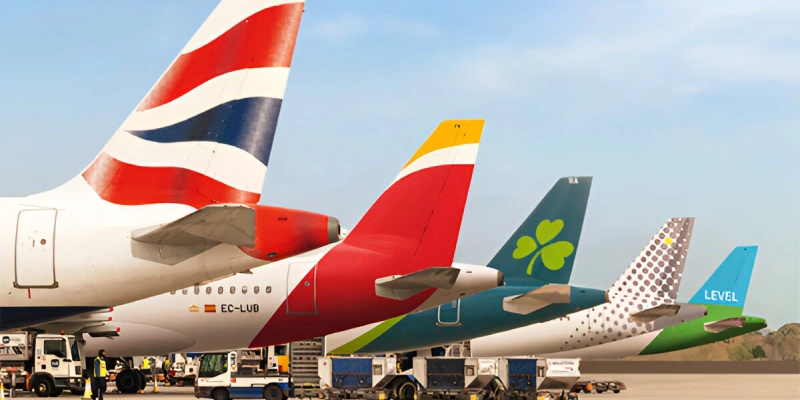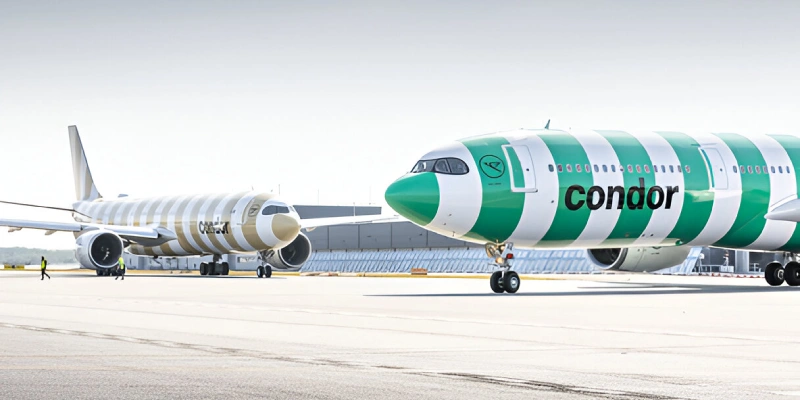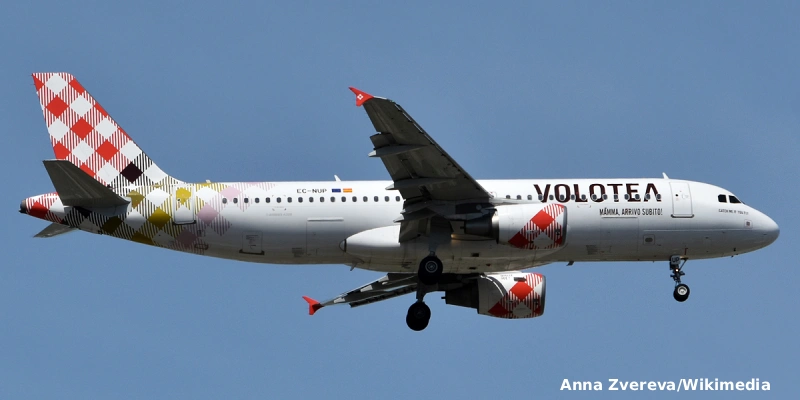This week in New York, Frontier Airlines’ CEO Barry Biffle stated that the ultra-low-cost airline model is “alive and well” in the United States, despite claims from some competitors that it is dead.
The Denver-based company affirmed that its goal is to become the leading low-fare operator in the country and fill the void left by Spirit Airlines, which has filed for bankruptcy protection for the second time in a year.
Strategic Expansion in the Americas and the Caribbean
Since late August, Frontier has announced 42 new routes, strengthening its presence in several of Spirit’s key markets in the United States, Latin America, and the Caribbean. According to Biffle, the cost advantage for extreme low-cost airlines continues to grow, confirming that the model remains competitive.
Reduced Capacity in the Airline Sector
Biffle warned that there is currently an oversupply in domestic flights, which is putting pressure on revenues across the market. However, he anticipates that in one or two years there will be fewer available seats, not only among ultra-low-cost carriers—affected by Spirit’s reduction—but also among traditional airlines.
→ Frontier Airlines Launches 22 New Routes, Expands Presence in the U.S., Caribbean, and Latin America
Data from TD Cowen shows that ultra-low-cost airline capacity will fall by 3.7% year-over-year in the fourth quarter, with Spirit leading the cuts.
Response to United Airlines’ Criticism
United Airlines CEO Scott Kirby has been one of the strongest critics of the ultra-low-cost model, calling it a “failed experiment” and comparing Frontier to “the last survivor on a sinking ship.”
Biffle dismissed these statements: “It’s absurd. The passengers flying with Frontier aren’t customers United is losing; they’re people who would never have flown with United in the first place.”
Financial Challenges and Product Changes
For the current quarter, Frontier projects a larger-than-expected loss but is confident that network adjustments, capacity cuts, and improvements in the customer experience will boost its performance.
Spirit’s financial difficulties and Southwest Airlines’ decision to end its free baggage policy have leveled the playing field for Frontier to gain market share.
In fact, after announcing a free checked bag policy, the airline saw an immediate increase in bookings, though the trend stabilized a week later. “Customers didn’t mind… Southwest probably should have started charging for bags 20 years ago,” Biffle commented.
Future Plans: Business Class and Increased Loyalty Revenue
Looking ahead, Frontier plans to introduce first-class seats by early 2026. Additionally, it has set a goal to double its loyalty program revenue, reaching $6 per passenger in the coming year.
Information provided by Reuters
Related Topics
IAG Posts Record €3.342 Billion Profit for 2025
Condor to Move Operations to Frankfurt Airport’s New Terminal 3 in 2027
TAP Air Portugal Announces Ambitious 2026 Expansion Plan: New Orlando Route, Intermediate Cabin, and Brazil Reinforcement
Volotea Resumes Its Menorca-Verona Route Starting in August

Plataforma Informativa de Aviación Comercial con 13 años de trayectoria.




